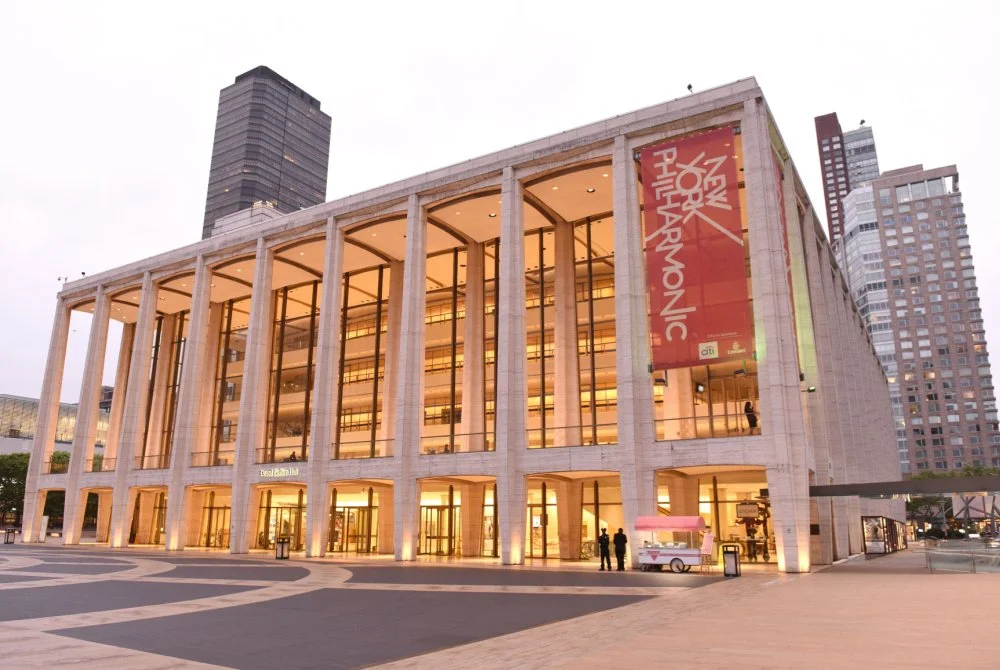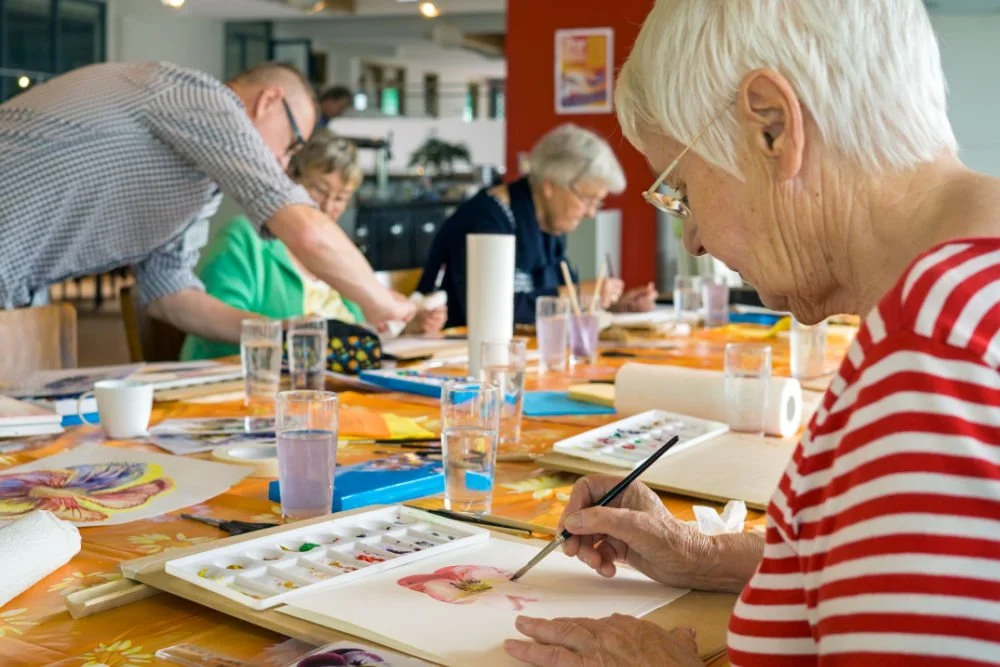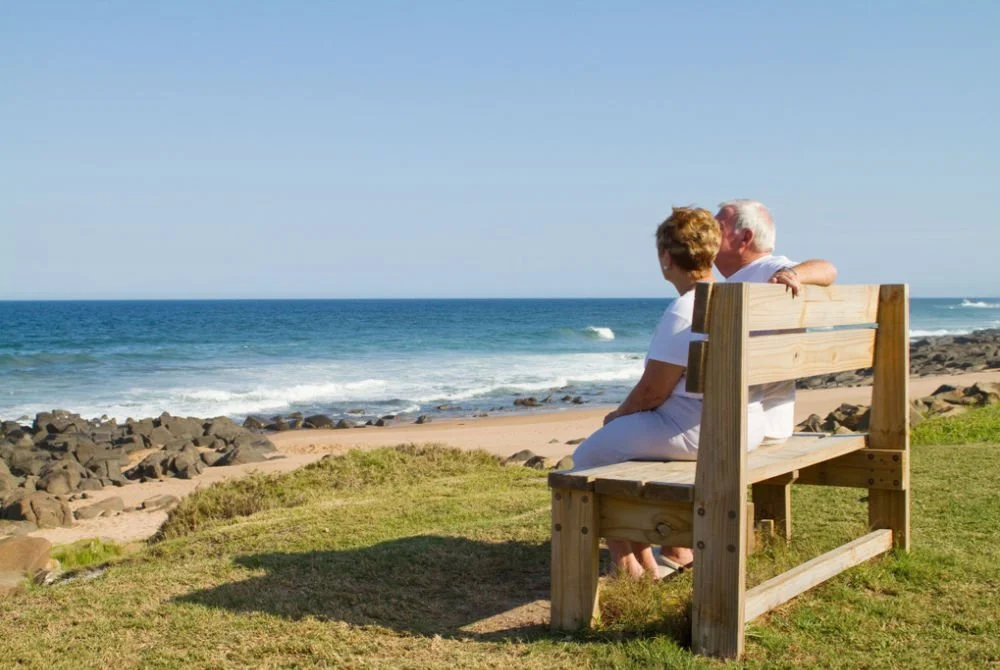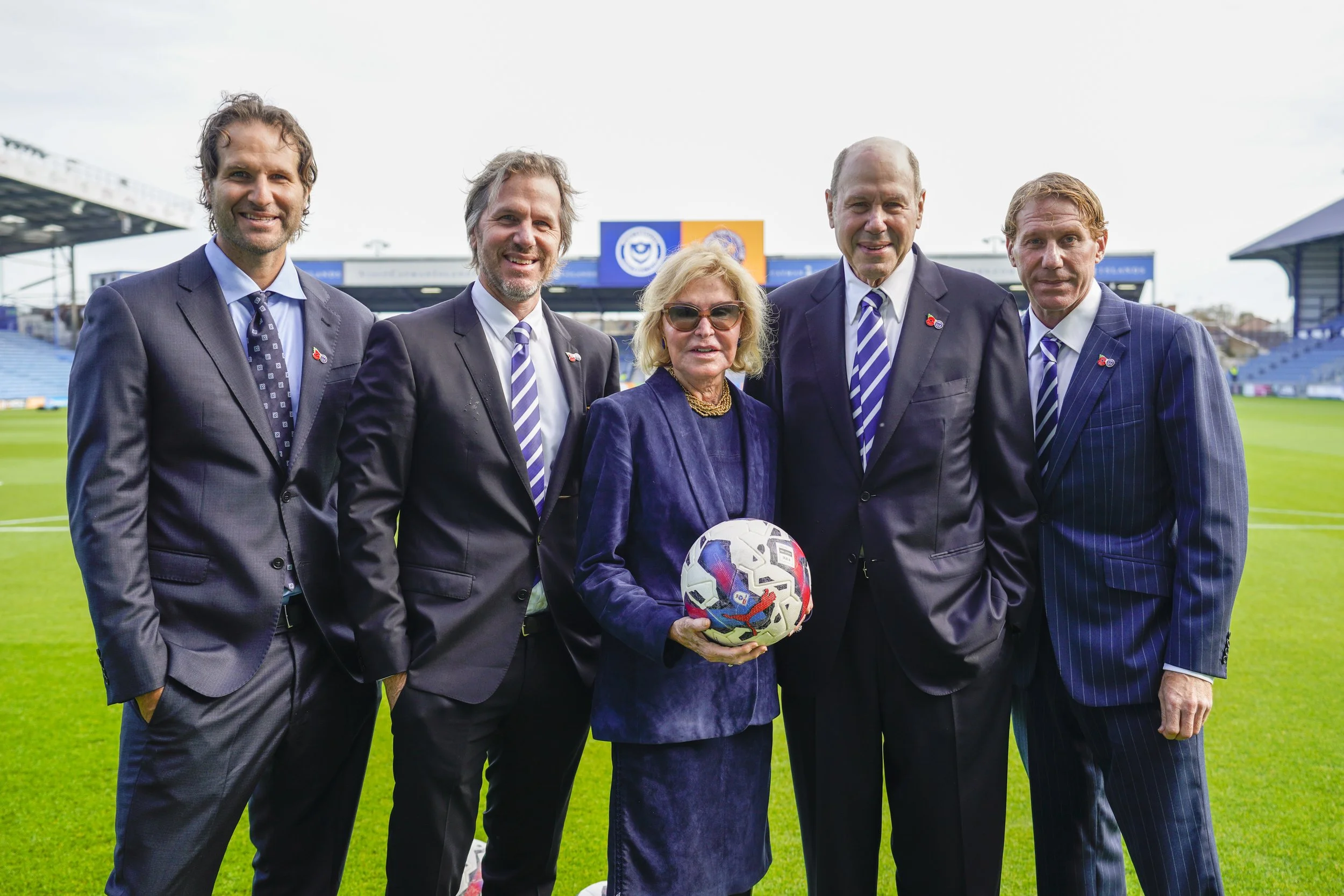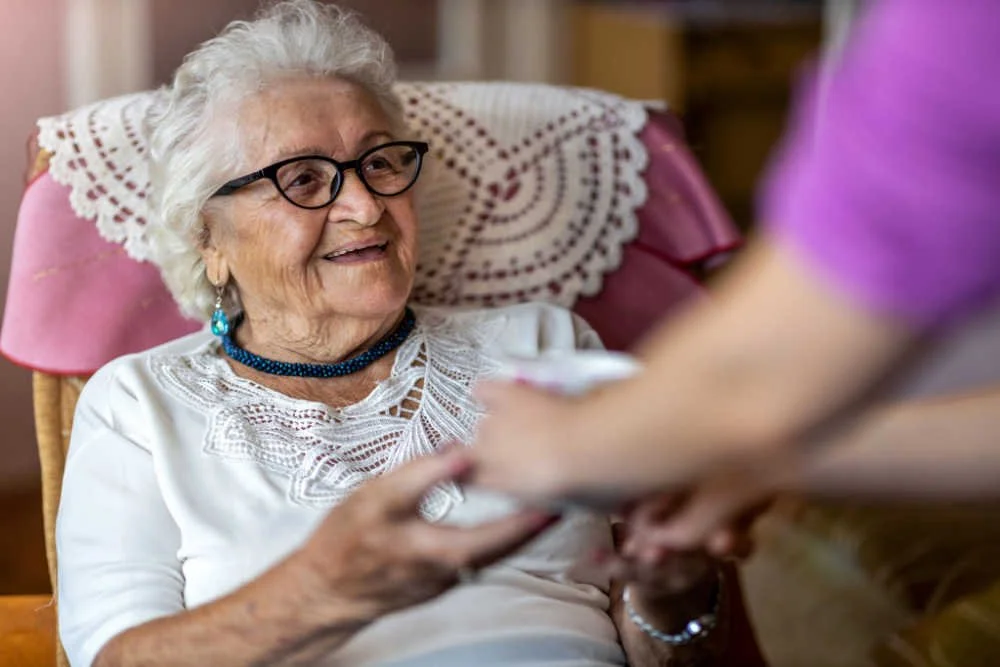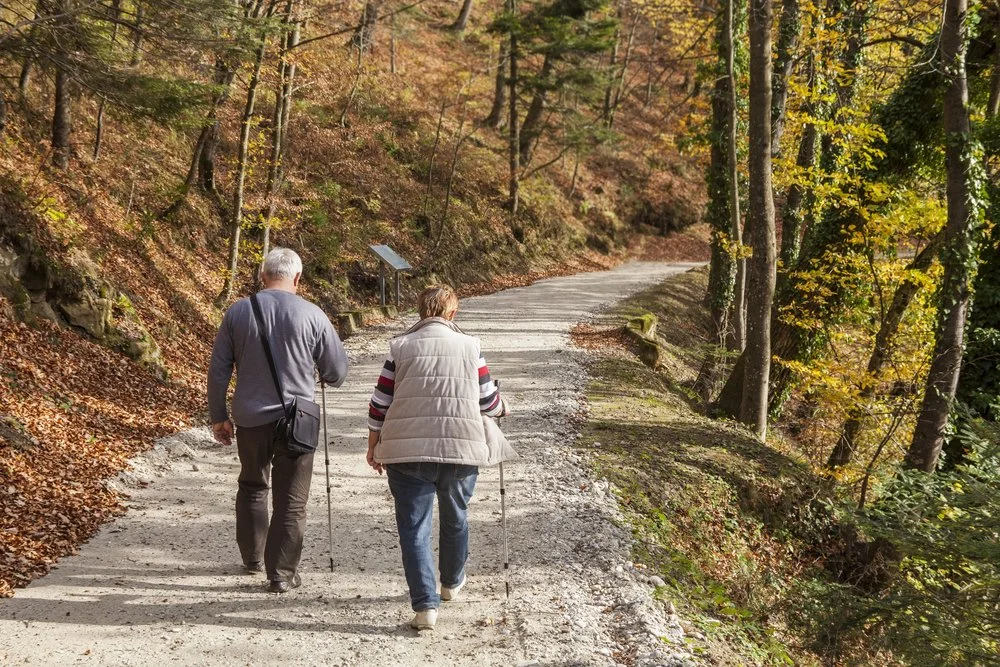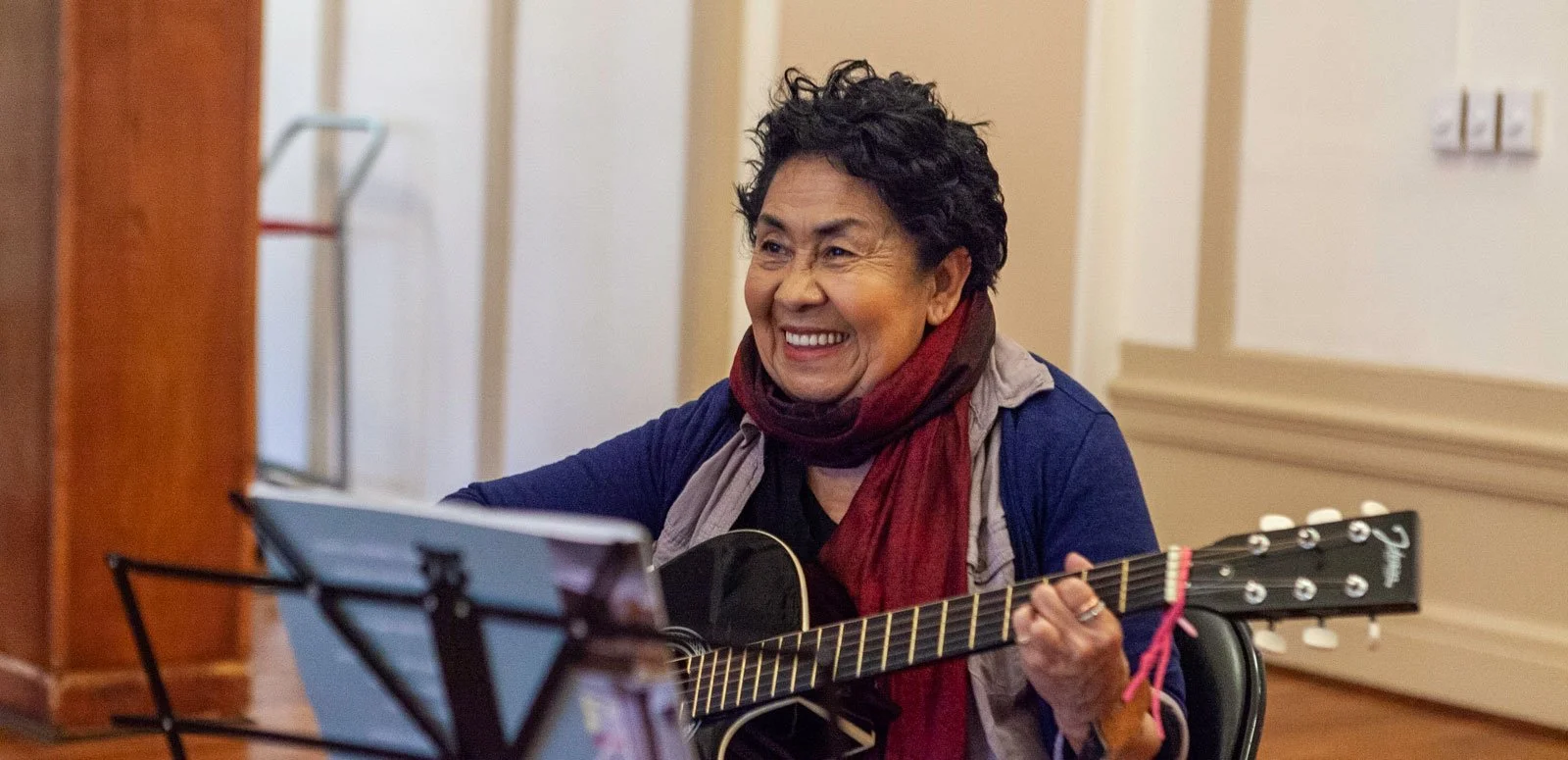Seniors as an Asset: A Funder's Push for Age-Friendly Communities in the Northeast
/As the U.S. senior population grows, the need for responsive modes of senior support and community integration also expands. The number of Americans over 65 is expected to reach about 88 million by 2050—many of whom haven't saved enough for retirement. Yet, as we’ve previously reported, only about 2 percent of U.S. philanthropic giving goes to provide support for the elderly.
One funder who's focused in this area is the Tufts Health Plan Foundation, which is putting the needs of senior populations first in Massachusetts, New Hampshire, and Rhode Island. It has already given away more than $27 million to nonprofits in these states since it was created in 2008. In June, it announced it was giving nearly $1.8 million to 16 organizations that aim to foster healthier communities for all, “with a specific interest in engaging older adults.” These groups address seniors’ diverse needs for assistance and support, including social interaction, transportation, nutrition, and more. Tufts also prioritizes working with underrepresented populations and recognizes how disparities in access to community resources follow minority populations into their later years.
One of Tuft’s main beliefs is that communities must be responsive to aging populations and intentionally value their experiences and contributions. The Tufts team sees an increased appreciation for these mindsets as they carry out their work.
“There's a growing understanding of the critical role older people play. They are an asset to community, and their voices and insights are invaluable to the public discourse on what communities need,” foundation president Nora Moreno Cargie told Inside Philanthropy earlier this year.
Most of the awards in this new round are systems and best practices grants that are meant to address purposeful engagement, health and wellness, and field and capacity building. The new grants offer a window into Tuft’s many partnerships with groups working on these challenges.
“Each community will follow its own path to becoming age- and dementia-friendly. Support from Tufts Health Plan Foundation helps ensure resources reach underrepresented communities at greatest risk for disparities,” Moreno Cargie said in a statement.
A few of the most substantial grants that make up the current $1.8 million include:
- A three-year grant of $245,000 to Coastline Elderly Services, “to create thriving communities that reflect and honor the diversity of older people.” This organization also works on community engagement and improving public attitudes toward the local aging experience.
- A two-year grant for $199,813 to Groundwork Lawrence, “to lead a multi-stakeholder group that will plan, assess and develop strategies to support age-friendly efforts.”
- A three-year grant for $270,000 to Massachusetts Association for Mental Health, which strives to “build and strengthen the capacity of nonprofits and front line staff” to prioritize older adults’ mental health, substance use, and co-occurring mental health and substance abuse conditions.
- A two-year grant for $200,000 to the University of Massachusetts Foundation for Phase II of its Age-Friendly Boston Initiative. This program consists of a partnership between the City of Boston Commission on Affairs of the Elderly, the Gerontology Institute at UMass Boston, and AARP Massachusetts. It has a 75-point action plan and follows the framework established by the World Health Organization for age-friendly communities. This framework centers on the concept of “active aging,” defined by the WHO as “the process of optimizing opportunities for health, participation, and security in order to enhance quality of life as people age.”
“We are committed to making Boston the best place to live and age well,” Boston Mayor Martin Walsh said of the program.
The Age-Friendly Boston Initiative intends to make the city’s services and structures all-age-accessible and inclusive. It focuses on eight domains: civic engagement and employment, communication and information, community support and health services, housing, outdoor spaces and buildings, respect and social inclusion, transportation, and social participation. A research team from The University of Massachusetts Boston’s Gerontology Institute worked to develop this program.
“The city of Boston has made a major commitment to age-friendly initiatives and we are proud to be a part of that effort,” professor Jan Mutchler, who leads the Gerontology Institute team, told The Gerontology Institute blog.
Tufts won the 2017 Grantmakers in Aging Diversity Award, in part because of its support of the Age-Friendly Boston Initiative. The initiative is notably inclusive and participatory in that its action plan was informed by 30 listening sessions in 23 neighborhoods and 3,700 surveys, all conducted in multiple languages across the city with the help of 70 organizations, essentially touching base with every community in Boston. Boston has been a major recipient of Tufts funding—it has a quickly-growing senior population, many of who are low income.





